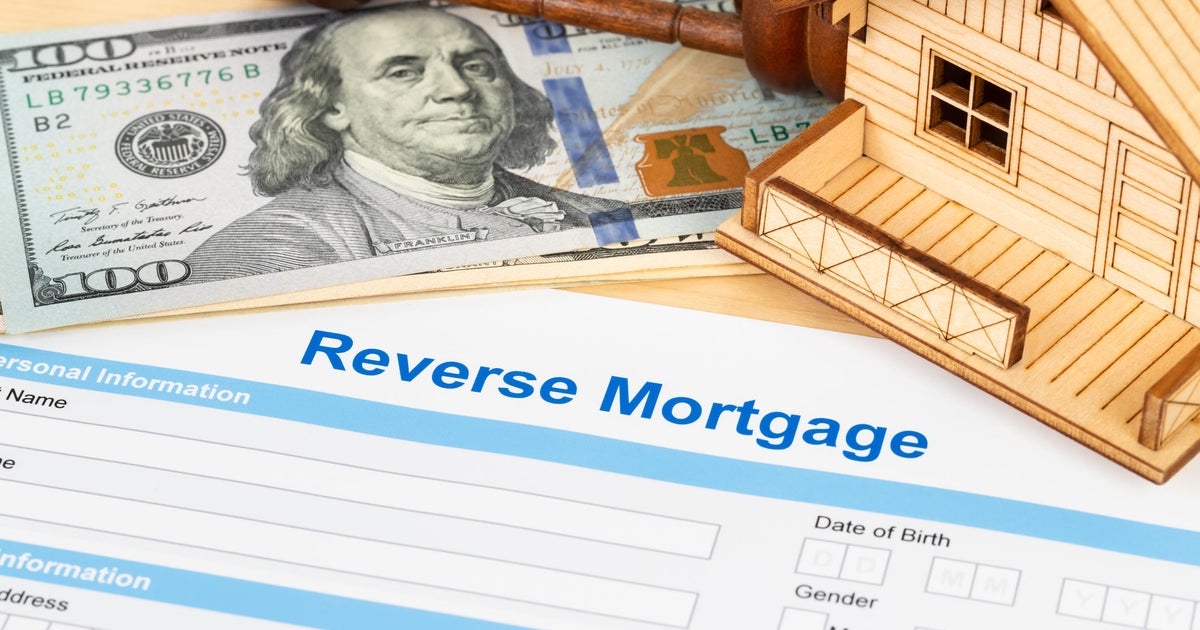Work to own on a St. Louis factory floor
Debi Brumit has never gotten ahead. An hourly employee renting a house in Ferguson, Missouri, Brumit is a poster child for the American workforce. A missed paycheck means coming up short on rent. An unexpected medical bill, borrowing from friends or the bank. Household finances are no more than a lifelong shuffle between bills, debt, and due payments; an infinite loop of making ends just barely meet. With no meaningful retirement fund and no savings, there's no way forward but to keep treading.
Brumit, 52, works the night shift at Potter Global Technologies—a fire safety manufacturer about 20 minutes from her home. She's arranged her schedule so she can fit in a full-time job while spending whatever daylight hours she has with her grandchildren—Jax, age 7, and Zander, age 6—for whom she provides full-time care. Their mother, Brumit's youngest daughter, died of an overdose three years ago.
Brumit has lived most of her life in Missouri. She dropped out of high school at 16 and gave birth to twins–a boy and a girl–a few years later. In 2021, her world turned upside down when her youngest daughter passed away at age 25 after three years of battling a substance addiction. She left two sons, of whom Brumit is now the legal guardian. Brumit has spent the majority of her work life as a bartender at various downtown St. Louis bars. She'd also had stints working at a gas station, a food mart, and briefly with her sister at a manufacturing plant.
Around 2010, she went back to get her G.E.D. Three years ago, Brumit found her job at Potter through a temp agency. Today, she says she takes pride in her work assembling sprinkler systems.
Brumit's typical workday starts around 4:30 p.m. when she leaves to pick up her carpool of coworkers, many of whom would not otherwise have a ride to the factory. They arrive at 5:30 p.m., as the rest of St. Louis settles down for the evening. They punch in, and punch out at 6 a.m. the next morning. Brumit then makes the rounds dropping her colleagues back off at their houses. She heads home, sleeps for a few hours, and wakes up in time to have coffee and greet her boys after school, before repeating the motions all over again.
Brumit has never owned a home. She's never been a salaried employee. She's penalized at work if she's late or absent, so she hardly ever is. Asked about savings, Brumit reflexively laughs. "It's unheard of…there might be, maybe, a few dollars left before we get our next paycheck." An unforeseen expenses—an emergency, a car repair, a childcare need, let alone a layoff—would mean a significant setback, she told 60 Minutes correspondent Jon Wertheim.
Last November, when Potter Global Technologies announced it had been sold, Brumit braced for the worse. The workforce was told that KKR, one of the world's largest private equity firms, would be the new owner of the manufacturing plant—but the firm would not be cutting personnel or hours or pay. Instead, it would be investing in Potter and all the employees would become part-owners.
Brumit recalled confusion after the announcement; few, if any, of the workforce knew what this new plan would mean for them. She went home that night and started researching.
"And that's when it kinda really hit," Brumit said. "This could be a life-changing situation."
After a bit of Googling, she realized that Potter Global Technologies would be next in KKR's burgeoning foray into employee ownership. The model was a new form of employee ownership—not an ESOP, which focuses on paying out workers in retirement, or a cooperative or a profit-sharing arrangement—but a program that sets aside a pool of equity for the rank and file. If the value of the company increases, the workers get a share of the upside. The model is designed to align incentives within a company, from the CEO to those working on the factory floor.
In February, Potter's workforce gathered to hear what exactly this would entail and to formally meet their new boss, KKR partner and co-head of Global Private Equity, Pete Stavros. Stavros, the architect of the ownership plan, explained: "It's about more than just handing out stock. It's really about changing the culture of business."
He started with the basics: every employee—assembly line workers, truck drivers—would get a stake in the business, on top of their wages. They would also get a say in day-to-day operations and regular updates about the finances of the company.
Stavros believes a workforce with a personal interest in the company's success will be more dedicated and diligent, and less likely to quit—this, ultimately, building a more profitable company. Then, if KKR sells the business at a profit five or so years later, every employee-owner would share in the upside.
Along the way, KKR would help support the workforce by offering financial coaching, workshops, and one-on-one counseling, designed for workers to better understand how these changes could impact their personal finances. There would be scheduled ownership meetings to discuss where the company is headed, and how employees can contribute. And, if the company grew, there would be dividend payouts.
In Brumit's words, this corporate structure "makes total sense." She added: "Since there's no risk, I think it's fantastic. We've been doin' it, now we're gonna get benefits from it."
Joseph Blasi, director of the Institute for the Study of Employee Ownership and Profit Sharing at Rutgers University, views Stavros's plan as a step in the right direction but says this model does not always mean a happy ending for workers.
"There are many cases where private equity takes over a company, and the company fails either because it was mismanaged, or private equity made mistakes, or the markets have changed," Blasi told Wertheim. "So, yes, this is not an automatic good story in all cases."
Stavros agrees, this is a model with no guarantees. He stresses that any potential payout is predicated upon the company performing and selling for a profit. So far, it's going well. Since the first rollout of the model in 2011, every KKR-owned company fitted with this employee ownership model has grown, and workers have received payouts after the sale. To date, the model has been implemented across 47 companies, generating $6.9 billion in equity for the 100,000 non-management employees within these companies.
Stavros is confident that the program will not be able to keep its perfect record: "Not every investment is going to go perfectly. That day will come."
The employee-ownership program also suffers from the public's general distrust of private equity, an industry sometimes likened to modern-day pirates, responsible for cutting at least half a million jobs over 10 years.
"There's a lot of cases where private equity has put too much debt on companies, or fired workers, or reduced benefits," explained Blasi, which he said has led to a perception problem for this employee ownership model. But he emphasized that the focus should be on the outcome, "The key here is whether Stavros and KKR actually put wealth in the hands of workers."
Blasi said he remains open to the model with guarded optimism: "Given how stacked the economy is against the working middle class, any effort—especially in private equity, which has been the most concentrated in terms of wealth—is a move in the right direction."
Back in St. Louis, Debi Brumit walked away from the employee ownership presentation with tears in her eyes, thinking about what a potential payout could mean for her.
"It's life-changing," she told 60 Minutes. "It would be buying a house instead of renting. Knowing that I had money aside for the boys to go to college."
Brumit knows it's just the beginning—and there's a lot of work standing between her and a potential payout. But, she said she sees ownership as a new chapter in her life.
Editor's Note: This story has been updated.



